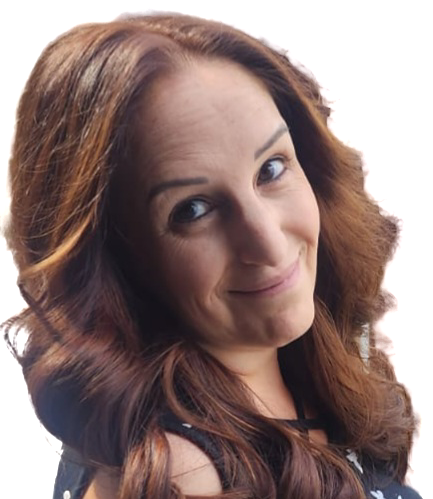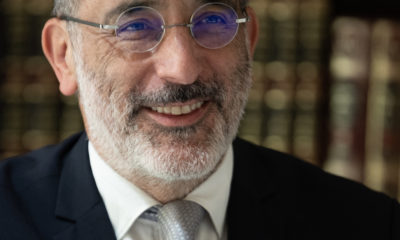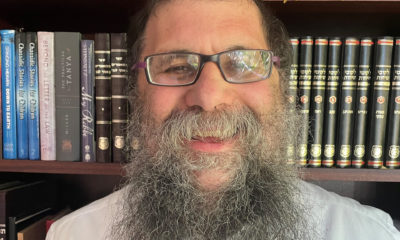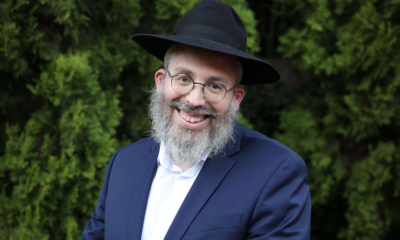
OpEds

This seder is different – let’s use it
Freedom, love, justice. This three-part Passover message has reverberated through the generations.
The exodus story is our master narrative. The Israelites were slaves in Egypt. Moses rose as their liberator, helping the Jewish people to overcome oppression and stand for freedom.
How resonant is the story this year!
As we gather around the seder table to retell the story of liberation this year, we must make space in our hearts for the Israeli hostages, those who perished, and those who continue to fight for freedom.
Several other Pesach traditions will be carried out this year with heavy hearts and great intention.
Let’s start with Elijah’s space at the table. The prophet’s presence powerfully reminds us of enduring hope for redemption and liberty. It’s a stark reminder that we must continue to hold onto hope even in the face of adversity.
It’s also a theme we’ve witnessed since the heinous 7 October attacks – empty seats for our hostages. A space at the table awaiting their return. This year, Elijah’s seat is a compelling reminder of loved ones who cannot join the table, and symbolises solidarity with those suffering unimaginable loss.
This year, no doubt, the maror will taste more bitter than in previous years; the salt water all the saltier for the tears we have shed these past months.
Then, there are the four questions asked during the seder. This year, let’s ask a fifth: “When will the hostages come home?” It’s a question that weighs heavily on the global Jewish community as we consider the plight of those separated from loved ones and deprived of their freedom.
We’ll sing, “Let my people go” with aching souls and greater kavanah (sincerity) than in previous years as we honour the memory of those no longer with us and pray for the safe return of those still missing.
This Pesach is different from all others. Let’s use it for reflection, hope, and solidarity. Let’s acknowledge that the story of the exodus isn’t just about a historical event, but a timeless reminder of the enduring human spirit of the pursuit of liberty.
Let’s recognise that our freedom is intertwined with the freedom of others.
As we sit down this year, just as we do every year, we’ll read, “This year, we are slaves. Next year, may we all be free.”
Ken yehi ratzon. (May it be so.)
Chag sameach!
- Lisa Hack is national chairperson of the South African Union of Progressive Judaism.










